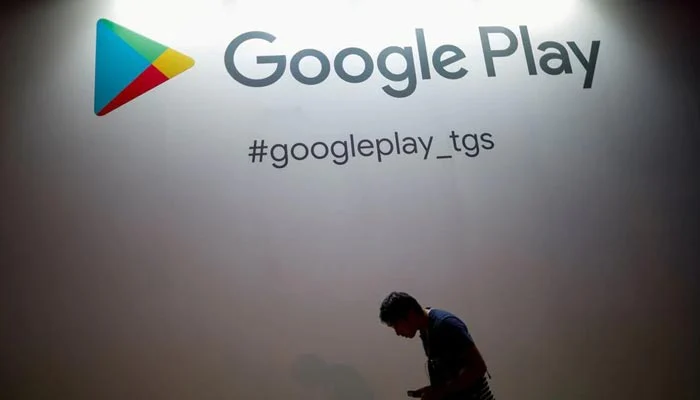ISLAMABAD, Nov 29(ABC): Users in Pakistan will be able to make Play Store purchases through credit or debit cards from December 1 due to local requirements, announced the global tech company, The News reported Tuesday.
“Google Play is and will continue to remain available for all users in Pakistan. However, the availability of payment options may change over time. From December 1, 2022, due to local requirements, users in Pakistan will be able to make Play Store purchases through credit or debit card only, until other payment methods are made available”, a Google spokesperson said.
The direct carrier billing (DCB) for cellular mobile operators was revoked by the State Bank of Pakistan, making the stuck-up outstanding amount stand at $34 million. After this, the Ministry of Information Technology and Telecom, the Pakistan Telecommunication Authority (PTA), and four mobile operators wrote to the central bank.
In his letter to Finance Minister Ishaq Dar, Information Technology and Telecom Minister Amin Ul Haque said that IT-related payments, including mobile app purchases and subscription services, under $100,000, were authorised by SBP through the designated commercial banks.
However, in September 2022, SBP revoked designation of banks for making IT-related payments on behalf of the telecom operator/cellular mobile operators.
“This revocation has restricted the telecom operators to paying global IT platforms like Google, YouTube, Meta and Spotify etc. for the operator-facilitated digital services and related customer payment process referred to as Direct Carrier Billing which is a standard mechanism offered by Cellular Mobile Operators (CMO) globally with sizeable tax value.”
The minister further said in the last year, mobile operators in Pakistan contributed around Rs5.3 billion to the national exchequer while offering these services. It warned that “all the major players like Google, Amazon, Meta, are being impacted because of non-payment and are most likely to discontinue their services in Pakistan”.
“Recently, Google has issued notices to suspend the DCB services of mobile operators until all outstanding payments are cleared. The notices were issued to Jazz and Ufone (which are attached),” he stated, adding their suspension may result in serious political chaos and adversely affect the country’s reputation for investment with negative consequences on the digital business, IT exports and e-learning with substantial loss to the national exchequer as well.
He requested the finance minister’s attention and support to withdraw the DCB revocation of IT designation of respective banks authorised for IT-related remittances on behalf of telecom operators and ensure timely pending payments to global digital platforms.
Meanwhile, the SBP in its statement said that during recent off-site reviews, it was observed that in addition to utilising the mechanism to remit funds for IT-related services for their own use, Telcos were remitting the bulk of the funds for video gaming, entertainment content purchased by their customers using airtime, under DCB.
DCB is generally an online mobile payment method, which allows users to make purchases by charging payments to their mobile phone carrier bill. The Telcos were allowing their customers to purchase these products through airtime and then remit funds abroad reflecting such transactions as payments for the acquisition of IT-related services. Thus, in effect, the Telcos acted as intermediaries/ payment aggregators by facilitating the acquisition of services by their subscribers.
Therefore, in view of the violation of foreign exchange regulations, the central bank revoked the designation of banks of Telcos for such payments. However, to facilitate their legitimate IT-related payments, Telcos have been advised through their banks to resubmit their requests. If any entity, including a Telco, intends to operate as an intermediary/payment aggregator and such arrangement involves the outflow of foreign exchange, it has to approach SBP, separately through its bank, for seeking special permission for providing such services under the Foreign Exchange Regulation Act, 1947.

